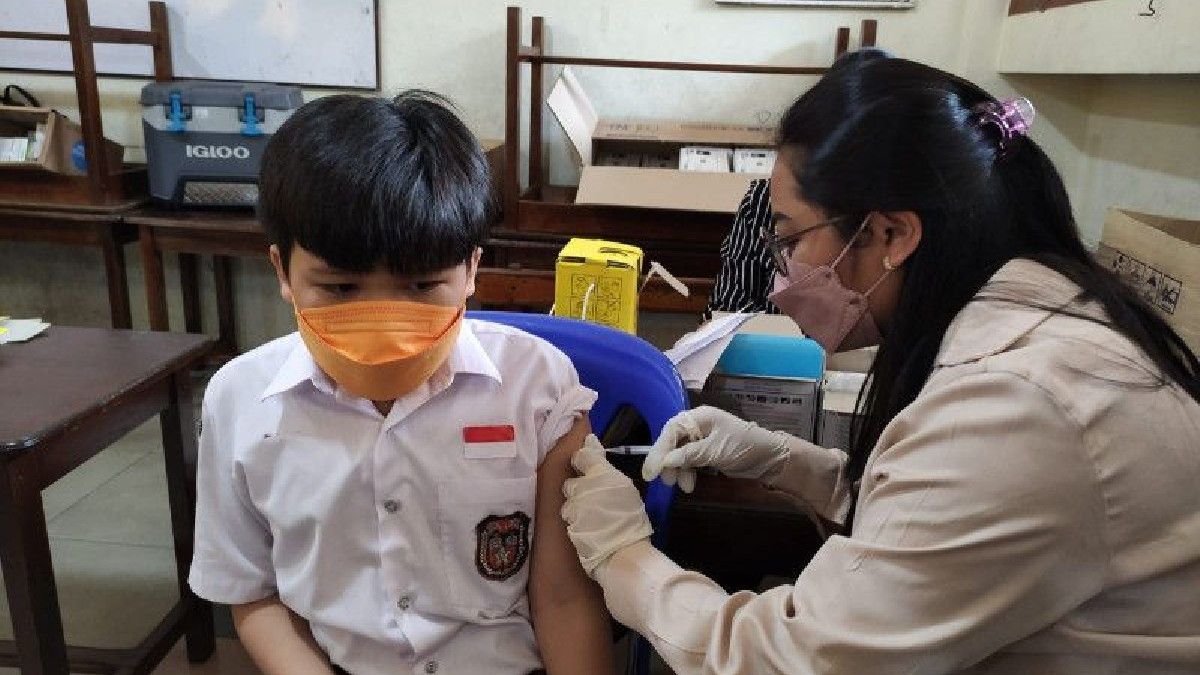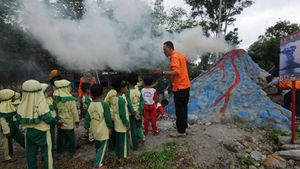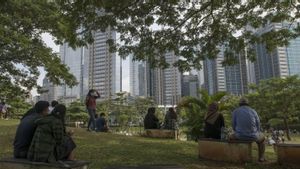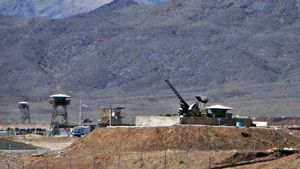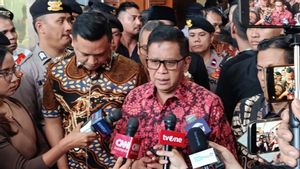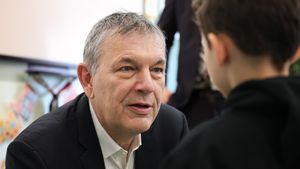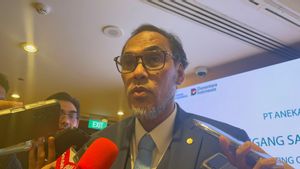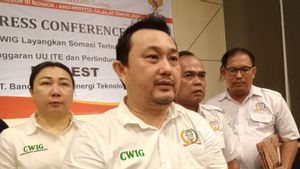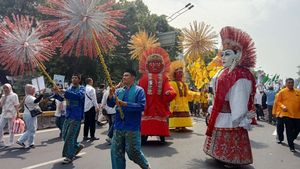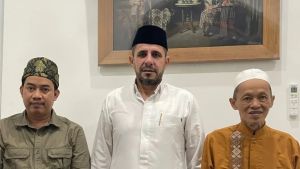JAKARTA - Children's immunity in the midst of a pandemic is one of the many reasons people are reluctant to encourage their children to undergo COVID-19 vaccination. Whereas vaccination in children can cut off the transmission of the spread of COVID-19.
General Chairperson of the Central Executive Board of the Indonesian Pediatrician Association (PP IDAI) Piprim Basarah explained that children can be a transmitter of the SARS-CoV-2 virus to people around them, especially the elderly or vulnerable groups. For this reason, children must also get the COVID-19 vaccination.
"The coverage of COVID-19 vaccination for children can protect school groups so that they do not become clusters of transmission sources," he said in the recent webinar "The Importance of COVID-19 Vaccination in Indonesian Children", as quoted from Antara, Sunday, October 9.
Piprim explained that children who are protected from COVID-19 can also protect those around them, including those with comorbidities and vulnerable groups such as the elderly.
According to him, along with the presence of the Omicron BA.4 and BA.5 subvariants which are more easily transmitted, vaccination of children is useful for protecting severe COVID-19 symptoms such as the Multisystem Inflammatory System in Children (MIS-C) and long COVID-19.

Acting Director of Immunization Management at the Ministry of Health, Prima Yosephine, added that WHO asked all countries to vaccinate at least 70 percent of the population and specifically for vulnerable groups of 100 percent.
"This is to maintain the immunity of the general public and vulnerable groups of people," she said.
She said, in general, Indonesia's vaccination rate for children has reached 80 percent for the first dose. "But the second dose in children is still below the expected percentage, so it is everyone's duty to immediately catch up," she added.
Meanwhile, for adolescents, immunization coverage reached 95.98 percent, or about 25 million people for the first dose, and 82.72 percent for the second dose, or around 22 million people. Children get the Sinovac vaccine, while teenagers use Sinovac and Pfizer.
"In the month of immunization, routine immunization and COVID-19 immunization are given two weeks apart and basic screening is carried out according to SOPs," said Prima.
SEE ALSO:
Cissy Kartasasmita, a member of the Indonesian Technical Advisory Group on Immunization (ITAGI), said that children's vaccination is very important because it not only protects children, but also the environment, friends, teachers, and family.
“Including parents, grandmothers, grandfathers, and toddlers who have not been immunized. In addition, vaccinating children will protect relatives who cannot be vaccinated because they have comorbidities," she said.
The vaccination program for children is valid for ages 6-11 years. The vaccine has been tested through clinical trials in each age group, both 18-60 years old, over 60 years old, and also 12-17 year old group.
In children aged 3-17 years, clinical trials have been completed in China and other countries, with safe and effective results.
“The vaccine to be used is safe and efficacious. Vaccines are safe because they have received Emergency Use Authorization (EUA), BPOM emergency permits, and have received ITAGI recommendations," said Cissy.
Meanwhile, the General Chair of the Indonesian Doctors Association (IDI) Adib Khumaidi said that all parties are obliged to make vaccinations for children successful, one of which is by continuously socializing this program through social media.
The English, Chinese, Japanese, Arabic, and French versions are automatically generated by the AI. So there may still be inaccuracies in translating, please always see Indonesian as our main language. (system supported by DigitalSiber.id)
